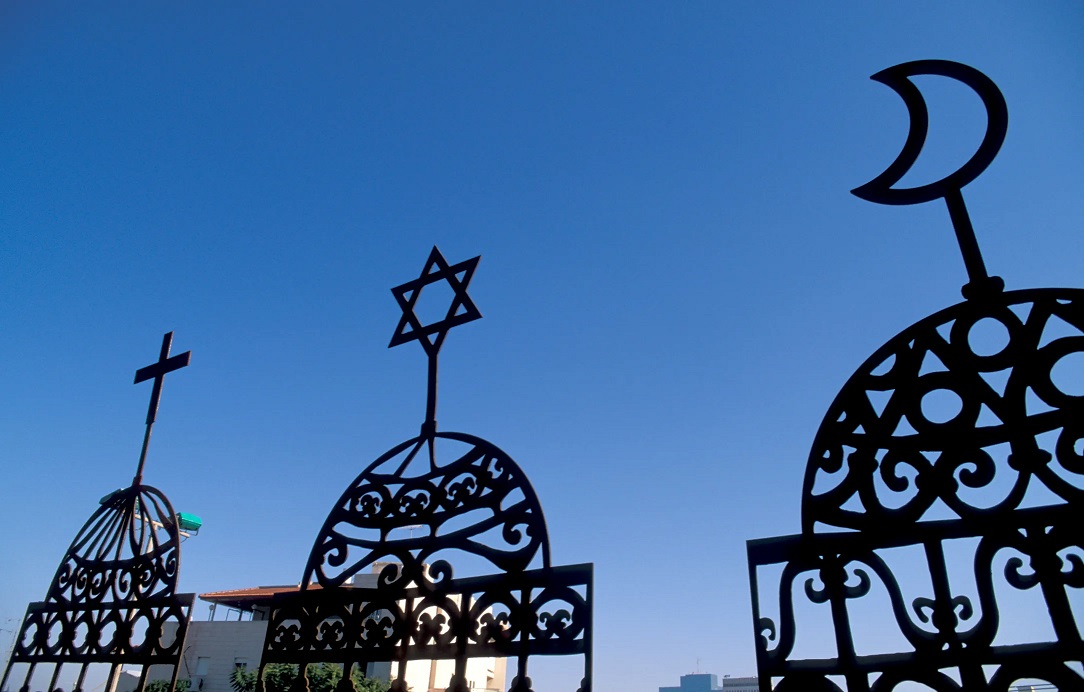In recent years, a significant shift in beliefs and values has emerged in the United States. A groundbreaking study conducted by Pew Research reveals a remarkable trend that is transforming the country’s spiritual landscape. Individuals identifying as having no religious affiliation, often termed the “Nones,” have become the largest demographic group in the nation.

The United States, known for its rich tapestry of faiths and traditions, is witnessing a fascinating transformation. The Nones, a diverse group that includes atheists, agnostics, and those who identify their religion as “nothing in particular,” have taken center stage. They now constitute an impressive 28% of the American population, surpassing both Catholics (23%) and Evangelical Protestants (24%).

This substantial change marks a significant rise from just 16% in 2007, highlighting the growing influence of the Nones in American society. Within this group, however, there is considerable diversity. While many Nones maintain a belief in a higher power or God, their attendance at religious services remains minimal. Their attitudes towards religion are varied, with some recognizing its potential for good as well as its potential for harm.
One of the distinctive features of the Nones is their positive view of scientific advancement. Unlike many of their religious counterparts, they hold a predominantly favorable perspective on science. Yet, they do not believe that science alone can provide all the answers to life’s profound questions.

The implications of this cultural shift reach far beyond the realm of spirituality. It has sparked discussions among experts, particularly in the field of politics. Gregory Smith, the lead researcher of the study, indicates that the Nones form a distinct political demographic with strong liberal and Democratic tendencies. “We know politically, for example, that religious Nones are very distinctive. They are among the most strongly and consistently liberal and Democratic constituencies in the United States,” states Smith.
Despite their liberal values, the Nones showcase lower levels of civic engagement overall. This observation leads to intriguing questions regarding their potential impact on voting patterns and the strategies politicians might need to adopt to engage with this growing demographic.
The trend of moving away from established religion in the United States is not just a statistical anomaly but a reflection of the evolving cultural and social landscape. It challenges long-standing conventions and prompts a reassessment of the role of religion in public life.
In conclusion, the rise of the Nones as the largest demographic group in the United States showcases the ever-evolving nature of American society. As this trend continues to gain momentum, it is poised to influence future politics, culture, and the very definition of American identity.




